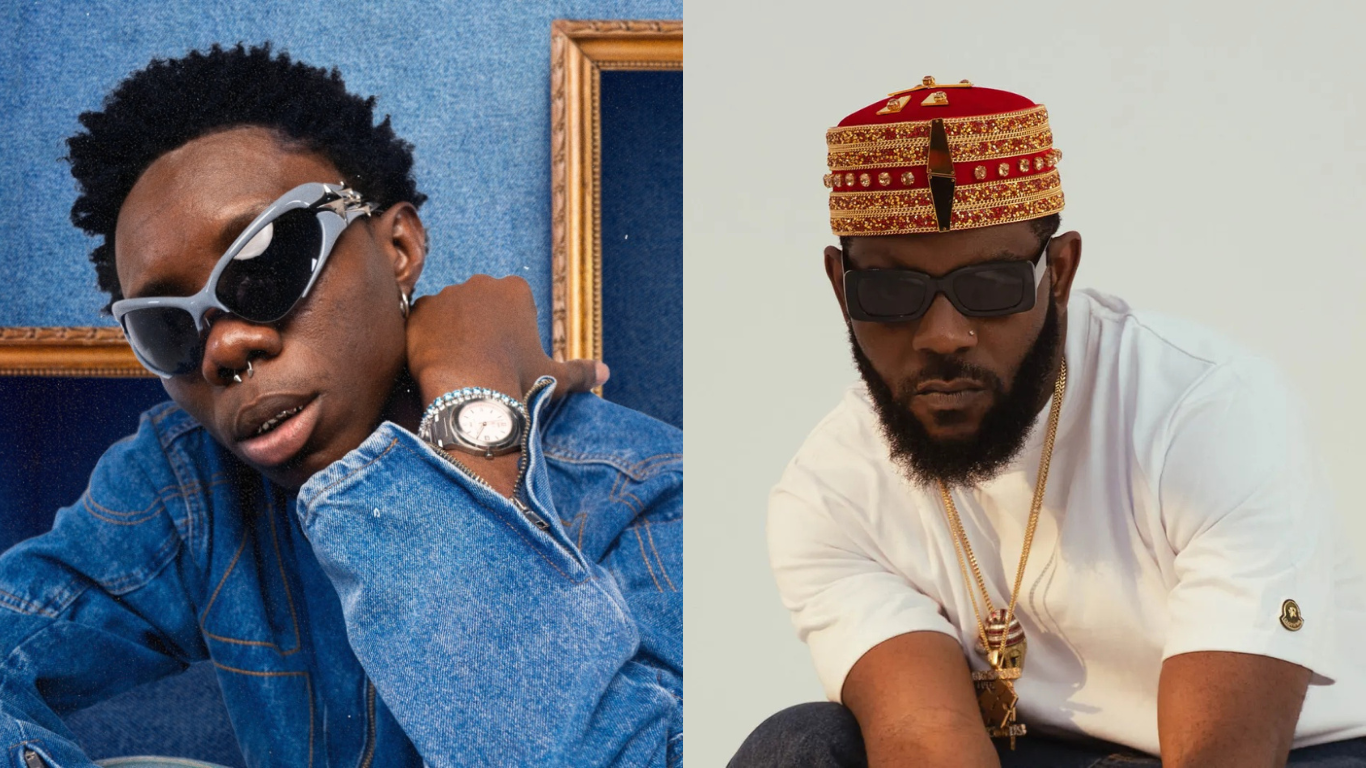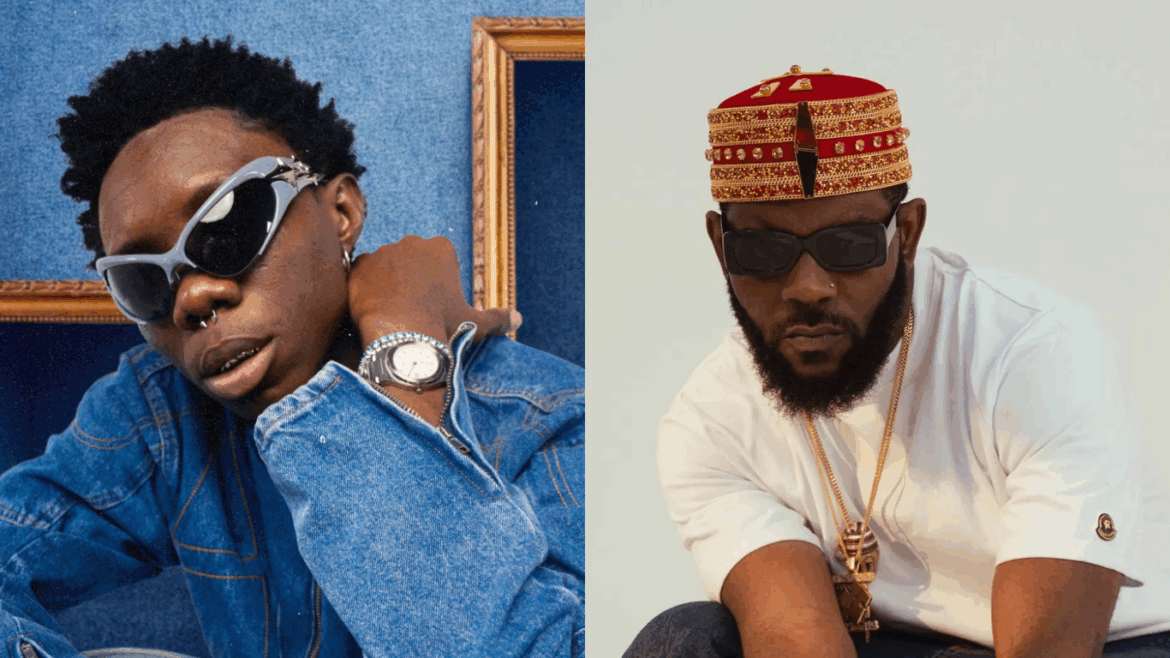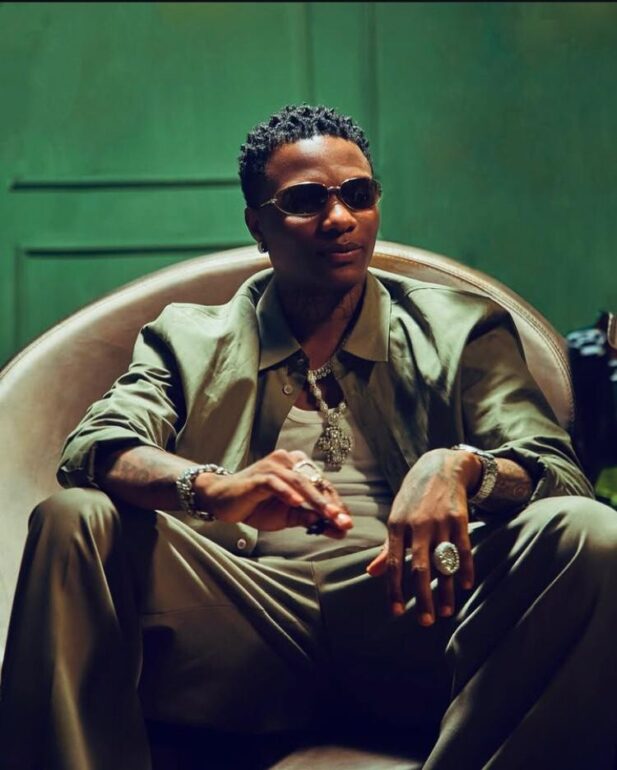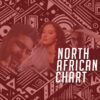Listeners:
Top listeners:
-
 play_arrow
play_arrow Cosoro Afrobeats UK's No.1 Afrobeats Radio Station
-
 play_arrow
play_arrow Cosoro Pidgin Na we bi di No.1 UK Pidgin Radio
-
 play_arrow
play_arrow Cosoro Evergreen UK's No.1 Radio for Timeless African Sounds
Bars or Bad Blood? The Odumodublvck–Blaqbonez Clash and the Role of Beef in Hip-Hop Culture

Hip-hop has always thrived on competition, a culture where confidence, lyrical dominance, and authenticity are currency. But when does competition cross the line into destructive conflict? The recent tension between Nigerian rappers Odumodublvck and Blaqbonez has reignited an age-old question: Is beef essential to hip-hop, or is it a toxic tradition disguised as artistry?
From the Bronx in the 1970s to Lagos in 2025, rivalry has been embedded in the DNA of hip-hop. Diss tracks, lyrical callouts, and public confrontations often test an artist’s skill, resilience, and relevance. Yet, while some fans celebrate beef as a natural form of creative competition, others argue that it can derail unity, breed unnecessary hate, and distract from the music itself.
A Tradition Older Than Twitter: The Roots of Rap Beef in Africa
Beef in hip-hop didn’t begin as hostility, it started as battle rap, a cornerstone of the genre’s expressive roots. In early hip-hop culture, MCs proved their worth through lyrical battles at block parties and cyphers. These verbal showdowns weren’t about hate but about skill, wit, and respect.
However, as hip-hop became more commercialized, beef evolved from friendly lyrical sparring into a media-fueled spectacle. In the early 2000s, Nigeria’s hip-hop scene witnessed its first major lyrical war, Ruggedman vs. Eedris Abdulkareem. Ruggedman’s diss track Ehen sent shockwaves through the industry, calling out mediocrity and forcing Nigerian rappers to step up their craft. It was more than just beef; it was a movement that redefined standards.
Fast-forward a decade, and Nigeria got another unforgettable rivalry, Vector vs. M.I Abaga. Their lyrical sparring produced diss tracks like The Purge, Tetracycling, and M.I’s The Viper. The beef divided fans but elevated the culture, pushing both rappers to dig deeper into their pens and proving that Nigerian rap still had firepower.
Across Africa, similar stories unfolded. In Ghana, the Sarkodie vs. M.anifest battle turned into a lyrical masterclass, while in South Africa, Cassper Nyovest vs. AKA dominated headlines for years. Despite the tension, those rivalries gave us unforgettable bars, viral moments, and renewed attention for hip-hop across the continent.
Today, the beef between Odumodublvck and Blaqbonez feels like the latest chapter in that tradition, one that reflects a generational divide in how we define “real rap.”
Odumodublvck, known for his gritty storytelling and streetwise delivery, represents a new wave of raw, unapologetic rap that embraces Nigerian slang and urban culture. Blaqbonez, on the other hand, is the confident wordsmith, witty, stylish, and sonically adventurous, a rapper unafraid to blend hip-hop with Afrobeats and pop.
Their clash has sparked conversations about authenticity, ego, and identity in Nigerian hip-hop. Fans argue over who represents “real rap,” while others criticize both artists for turning art into antagonism. Yet, one undeniable fact remains, their rivalry has rekindled attention to a genre that often struggles for mainstream relevance in the Afrobeats-dominated music scene.
In that sense, beef can act as a catalyst, it brings energy, headlines, and conversation back to rap. People tune in. They analyze bars. They care again.
Love it or hate it, rap beef has always served a purpose in hip-hop’s ecosystem. It drives competition, inspires creativity, and keeps artists, and audiences engaged.
When rappers trade bars, they’re not just dissing; they’re displaying skill. Diss tracks like Vector’s King Kong (Remix), Sarkodie’s Kanta, or Cassper’s Dust 2 Dust became cultural moments because they pushed artistic limits. Beef also boosts visibility. Fans analyze lyrics like detectives, podcasts debate who won, and social media lights up, turning rap into a national conversation again.
Most importantly, beef enforces authenticity. In hip-hop, you can’t hide behind production or marketing. When another MC calls you out, your pen and presence must do the talking.
Still, there’s a thin line between lyrical rivalry and destructive hostility. Sometimes, ego overshadows artistry. When beefs drag on or turn personal, they can divide the community and stifle collaboration.
The African rap scene, though smaller than its Western counterpart, relies heavily on unity to grow. Endless feuds can limit that progress. The lesson from the past, especially from the tragic fallout of U.S. rap rivalries in the 1990s — is clear: competition fuels art, but conflict kills movement.
Should Beef Be a Norm in Hip-Hop?
So, should beef be considered “normal” in hip-hop? The truth lies somewhere in the middle. Beef when done respectfully and artistically is part of hip-hop’s DNA. It sharpens the pen, revives interest, and challenges mediocrity. But when it becomes personal, petty, or harmful, it betrays the very essence of the culture it claims to represent.
Rap beef will always be part of hip-hop’s DNA, whether in Lagos, Accra, or Johannesburg. It’s what keeps the culture alive: raw, competitive, and unpredictable. But beef should never consume the culture; it should challenge it.
Beef in hip-hop is both a blessing and a burden. It can birth classic records, inspire competition, and remind the world that rap is about bars, not just beats. But unchecked, it can also fuel ego-driven chaos that weakens unity and overshadows creativity.
As Odumodublvck and Blaqbonez go bar for bar, the real victory isn’t in who “wins” the feud, it is in how they both push Nigerian rap forward. Because at the end of the day, the best way to respond in hip-hop isn’t with anger, it’s with a better verse.
Written by: Adedoyin Adedara
blaqbonez Hip Hop ODUMODUBLVCK Rap
Similar posts
Recent Comments
No comments to show.
Copyright © 2025 Cosoro Radio | All rights reserved










